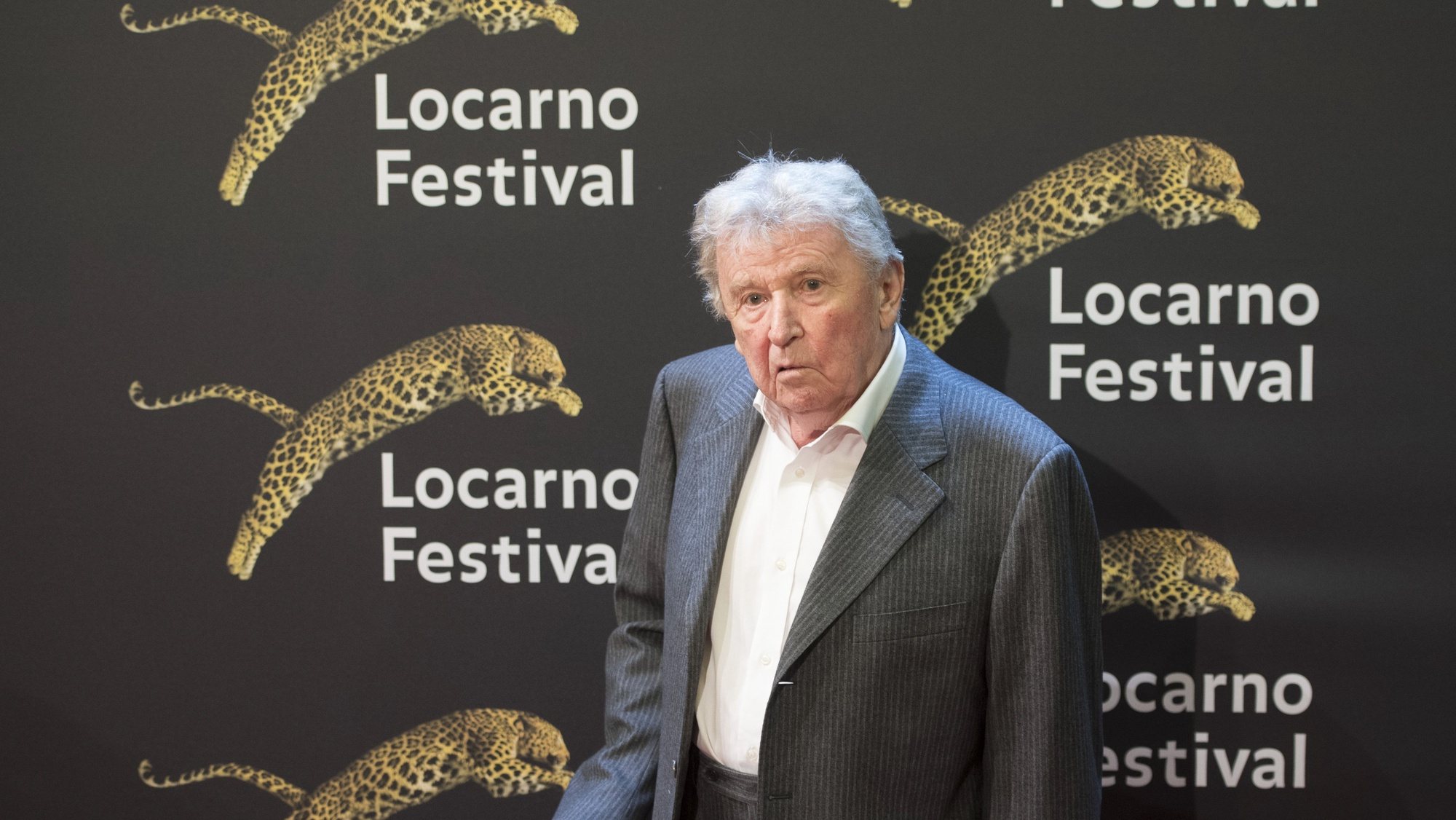The French director Jean-Marie Straub died during the early hours of this Sunday in Switzerland, reported Le Monde. He was 89 years old.
With his wife and fellow director Danièle Huillet, who died in 2006, Jean-Marie Straub produced “demanding and intensely poetic” work and “wrote one of the most important pages in modern cinema,” adds Le Monde. “Eyes don’t always want to be closed — The cinema of Jean-Marie Straub and Danièle Huillet” was the title of the cycle carried out in 2018 at the Portuguese Cinematheque about the pair of directors.
The work of the two directors “is one of the great isolated continents in the history of cinema”, wrote the Cinematheque at the time, considering that the work of the “inseparable couple ended up forming a single two-headed being” and in which all the films they reflected on the cinematography itself.
The first retrospective of filmmakers held in Portugal dates back to 1975 and was organized by the Goethe Institute in Lisbon.
“Marxist, rebellious, uncompromising, contentious, stormy and inflamed director”, according to the French newspaper, Jean-Marie Straub died from Saturday to Sunday in Rolle, Switzerland.
Jean-Marie Straub and his wife, Danièle Huillet, who died on October 9, 2006, “wrote one of the most important pages of modern cinema outside the system, in the course of a unique human and artistic adventure,” says the newspaper. French.
The “Straubs”, as they were called, are the parents of one of the most beautiful and demanding works in the history of cinema, characterized by the framing of images and sounds of literary or musical texts, those of “friendly” authors such as Bertolt Brecht, Friedrich Hölderlin, Johann Sebastian Bach, Arnold Schönberg, Cesare Pavese, Elio Vittorini, Pierre Corneille or Franz Kafka.
“The work of both was carried out through an irreducible art, firmly anchored in an ethical and aesthetic principle, that of reducing the means of production to their strictest necessity”, writes Le Monde.
Born on January 8, 1933 in Metz, Jean-Marie Straub became interested in cinema after the war, initially marked by films by Jean Grémillon, such as “Remorques” (1941) or “Heaven belongs to everyone” (1943 ). ., works that he discovered through the critic Henri Agel at the cinema club “La chambre noire” (The dark room, in free translation), in Metz. Jean-Marie Straub then considered writing about cinema, having studied literature at the Lycée Fustel-de-Coulanges in Strasbourg, and then earning a BA from the University of Nancy.
In November 1954 he moved to Paris, when the Algerian revolt broke out. At the Liceu Voltaire, in a preparatory class for the Institute of Higher Cinematographic Studies, from which he was expelled after three weeks, he met Danièle Huillet. At this time, he also met the “Young Turks” of Cahiers du cinéma, including Jacques Rivette, François Truffaut and Jean-Luc Godard, future New Wave filmmakers.
Straub received some of them, such as Truffaut or the critic André Bazin (co-founder of the Cahiers), at his film club in Metz, to present the American films of Fritz Lang or those of Alfred Hitchcock, Charlie Chaplin, Roberto Rossellini, Kenji Mizoguchi: filmmakers whom he fervently defended, often against the grain of the Federation of Film Clubs, reports the French daily.
Director, screenwriter, producer and actor, Jean-Marie Straub’s career includes nearly twenty films, most of them co-authored with the director and screenwriter Danièle Huillet. “Machorka Muff” (1963), was his first work, which was followed by “Not Reconciled” (1965), “The Chronicle of Ana Madalena Bach” (1968), “The Boyfriend, the Actress and the Pimp” (1968 ). and “Othon (1969).
In the 1970s, he directed “Arnold Schoenberg’s Accompaniment Introduction to a Film Scene” (1972), “History Lessons” (1973), for which he won the Special Jury Prize at the Istanbul International Film Festival, “Moisés e Arão” (1974) –the first to sign with the woman-, “Os Cães do Sinai” (1976), “Every revolution is a roll of the dice” (1977) and “From the clouds to the resistance” (1979).
“Too Soon, Too Late” (1981), “Class Relations” (1984), which received an Honorable Mention at the Berlin Film Festival, “The Death of Empedocles” (1987), “Black Sin” (1989) and “Cézanne: “Conversation with Joachim Gasquet” (1989) are other of his works.
“Antígona” (1992), “Lothringen” (1994), “Make Way for Tomorrow” (1997) and “Sicily” (1999), whose story is based on a Sicilian man who returns to his homeland after a long period living in the United States of America and which won the Critics’ Award at the São Paulo International Film Festival, in Brazil, are among the most recent films by Jean-Marie Straub.
“Le Retour du Fils Prodigue- Les Humiliés” (2003) and “Une Visita au Louvre” (2004) were his last works by Jena-Marie Straub.
Source: Observadora
